The year 2022 is shaping up rather optimistically. Europe was expecting a spring that would open up cultural spaces after two years of pandemic. Climate activists believed that the world's attention would be refocused on a crisis that was a permanently unprecedented threat to all. However, in late February, instead of rebuilding, cultural and environmental organizers came to Ukraine's aid without hesitation, joining humanitarian organizations, professionals and volunteers alike.
The crisis brings a reassessment of ethical values. The pandemic has not only brought increased concern for physical healthcare, but has focused our attention on aspects of mental health, social life and the environment in which we live. Both crises, the pandemic and the war, have also brought the recognition that the crisis of democratic values is a reality and needs our active interest.
In the context of dealing with crises, we are discovering the important concept of 'care'. It appears in interdisciplinary discussions and practices at the intersection of art, philosophy, architecture relatively recently. The impact of the pandemic has enabled a deeper understanding of this concept, but in previous years feminist disciplines in particular have already been shifting the understanding of care from the personal physical or domestic sphere to the scale of whole ecosystems or the planet, or to political practice.
What does culture have to do with this? Everything, in fact. The ethics of care is a cultural issue.
While culture has also been one of the areas heavily affected by the pandemic, it has also repeatedly shown that it has capacities and possibilities that can contribute softer tools than restrictive policy measures. Especially in cooperation and in conjunction with other disciplines. Since the end of 2019, the initiative of the European Commission and specifically of the President of the European Commission, Ursula von der Leyen, New European Bauhaus, has been underway. Its motto was that it was a cultural project designed to fulfil the conclusions of the European Green Deal. It calls for and establishes frameworks for cooperation between politicians, cultural and creative professionals (with a strong focus on architecture and urbanism), academia and innovation communities.
Climate care is not yet an established term. The primary explanation is to substitute the paralysing notions of crisis or change in relation to climate conditions with the active element of care. Climate care instead of climate crisis or climate change. In a broader context, it belongs to a trend that emphasises the principle of care, empathy and belonging.
In Central Europe and cultural practice, the notion of climate care was strongly promoted throughout the 2021 edition of the Vienna Biennale at the MAK Museum. It built on the institution's longer-standing efforts to raise issues of ecology on a global and societal level. In the central exhibition Climate Care, the curators presented works that carried "a vision of a world that humans share in a just and sustainable way with other species and future generations" and "mobilize active hope."
The Vienna initiative is not alone in the world of culture. The Climate Care Festival in Berlin, preparing its third edition for 2023, is a comprehensive project by two researchers and curators, Gilly Karjewski and Rosario Talevi. The site, or rather the setting, for the festival is the Floating University experiment, an abandoned rainwater pool at the former Tempelhof airport, which is an urban park and a place for social activities.
The New European Bauhaus initiative and the focus on climate care became the inspiration for the Slovak-Austrian project Year of Climate Care / Year for Climate 2022. In it, several organisers combine their interest in finding solutions to the environmental crisis through their professional interests - architecture, design, activism, cultural centres, urban development. Regular meetings link climate initiatives, and the annual programme has chosen target groups that can be agents (agents) of change - education professionals, creatives, community representatives and politicians. The activities so far have brought the topics of empathy, the development of educational programmes for the future on an academic but above all interdisciplinary level or the topical issue of emergency architecture and the right to housing.
Is there still hope? Behind the above-mentioned activities we feel a strong positive charge, their rhetoric uses words more sensitive than mobilisation activism and they give suggestions for softer solutions than political restrictions and regulations. At the same time, however, they add to the voices that say we must not waste time, we must look for new solutions, how to build creative practice, how to live together even though we are many, and how to create an environment that does not destroy all other living and non-living systems. Caring theories are clear about this; there is hope when we stop thinking within the boundaries of our concern and turn our attention (and care) outside of it.
The text was published in ARCH 3/2022 in Slovak language
Links and notes:
Ecologies of Care, https://www.materialsandapplications.org/2021care
Vienna Biennale for Change - 28 May - 3 October 2021, Vienna, www.viennabiennale.org
A summary of these efforts was published by then MAK Museum Director Christoph Thun-Hohenstein in his 2020 essay Climate Beauty, The Art of Reimagining Progress, https://www.mak.at/jart/prj3/mak-resp/images/img-db/1591494770589.pdf
Exhibition Climate Care, Reimagining shared planetary futures, 28 May 2021 - 3 October 2021, MAK, Vienna,
Climate Care festival, https://climatecare.s-o-f-t.agency/2021/
https://floating-berlin.org/site/
https://tokensforclimate.care/project/
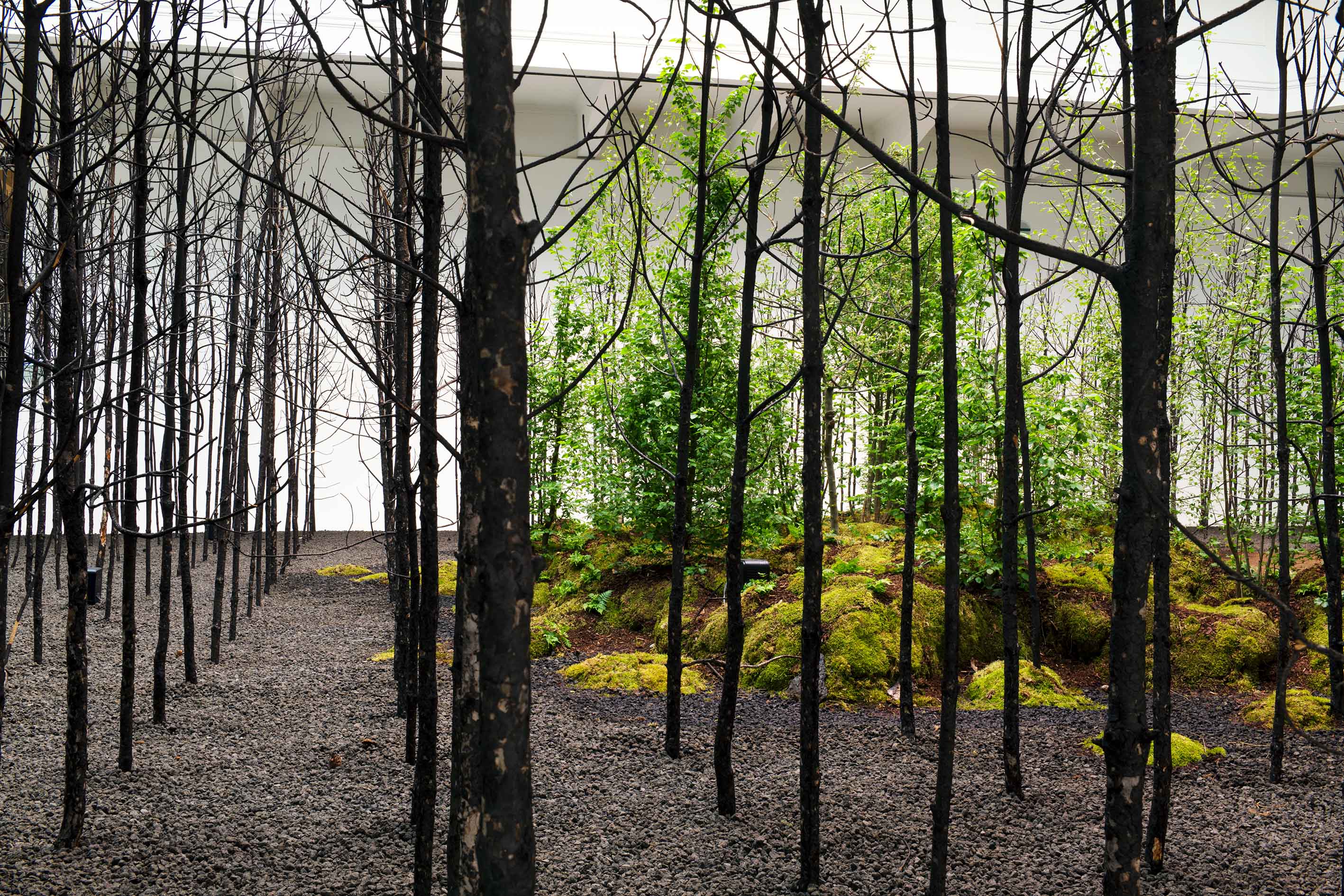
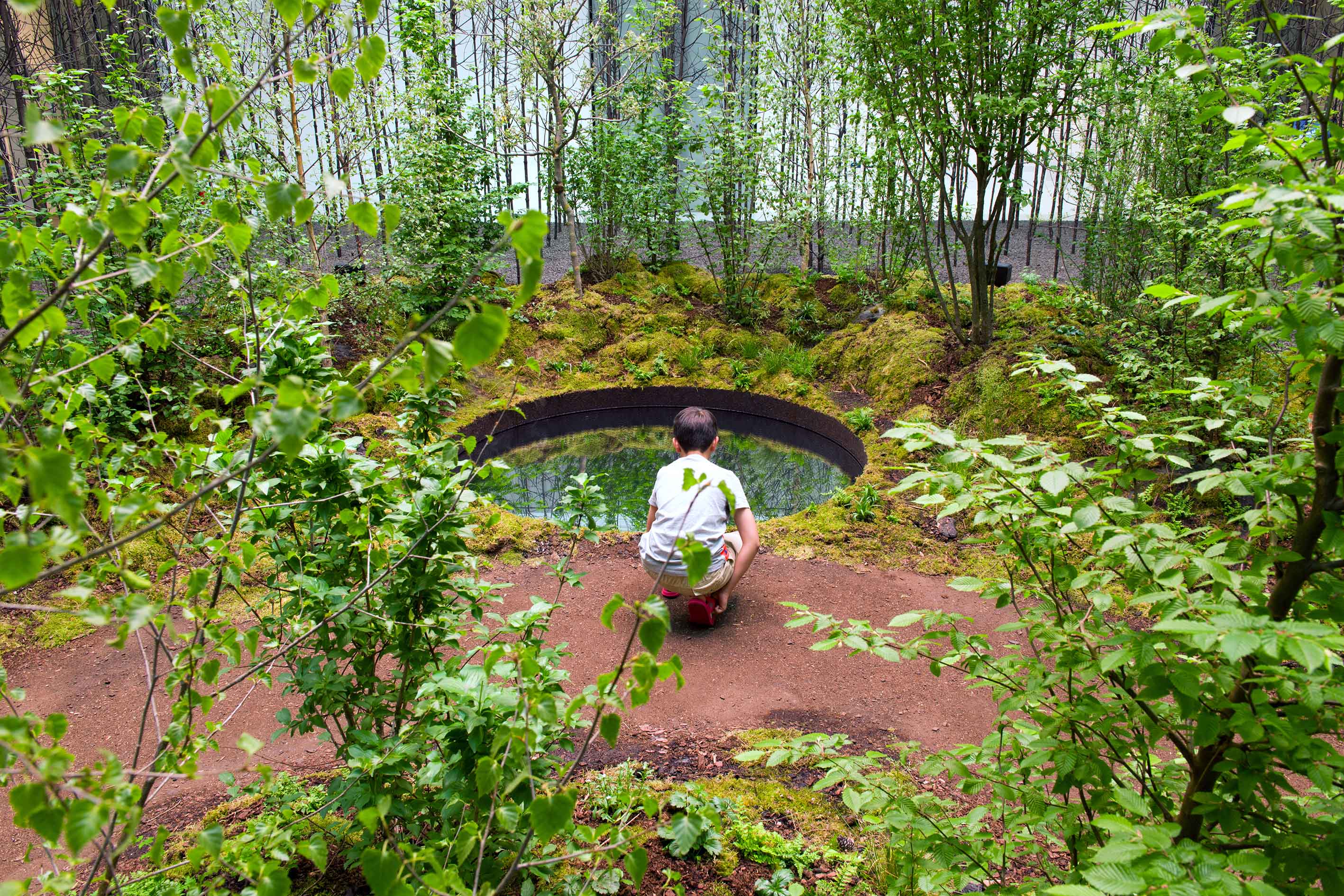
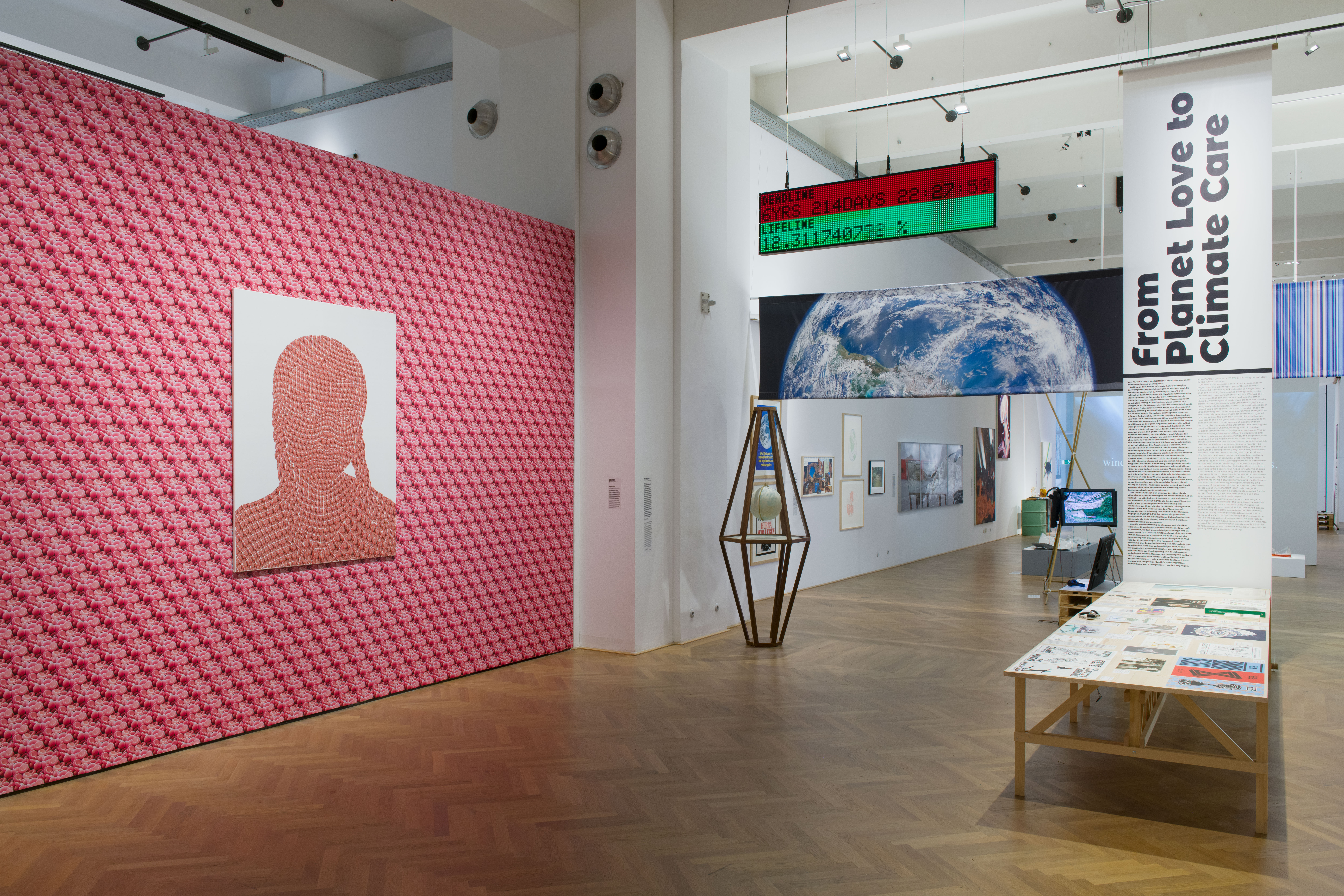
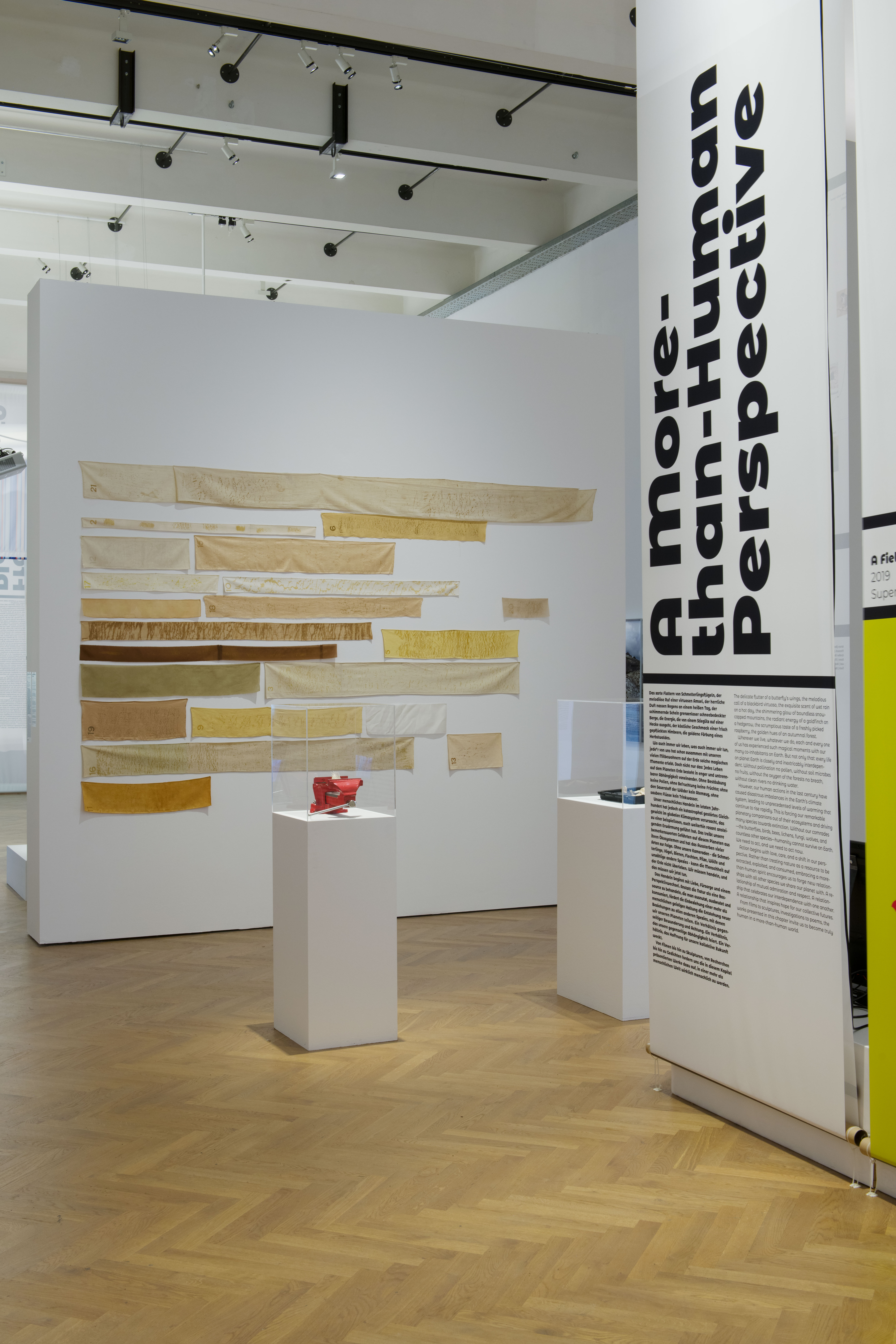
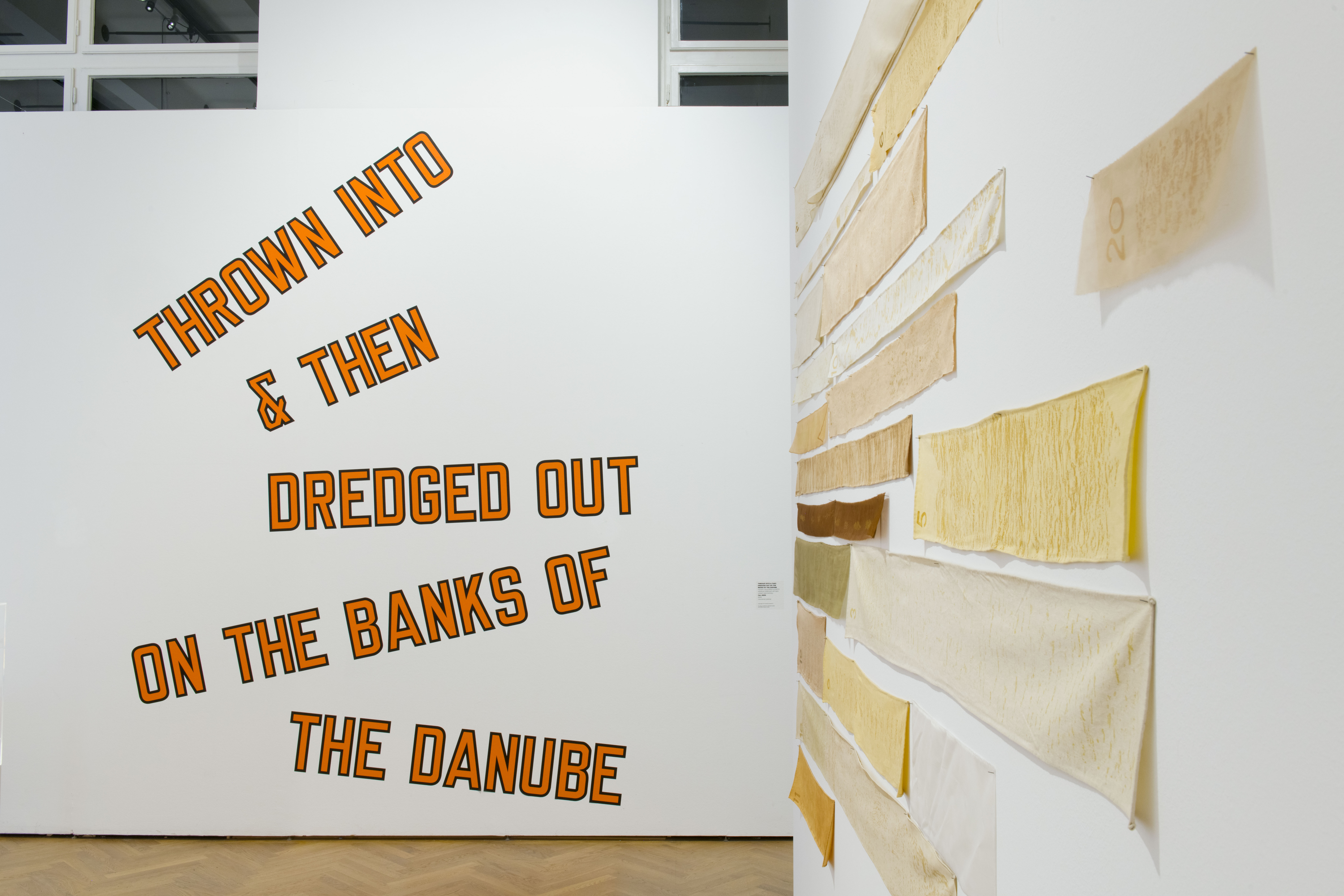 MAK exhibition, Vienna
MAK exhibition, Vienna
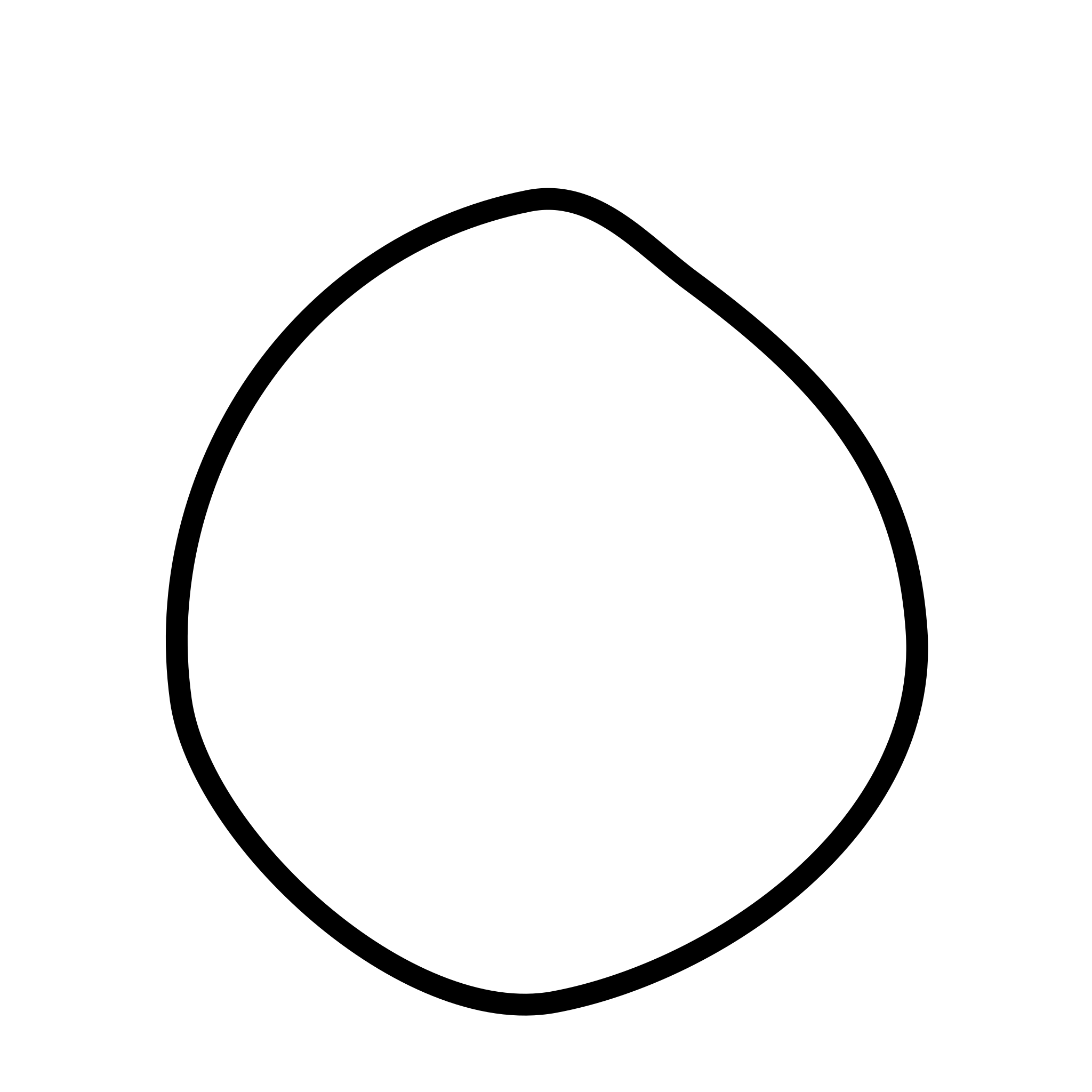 Tokens for Climate Care, CYCLICAL MOBILITY BALANCE
Tokens for Climate Care, CYCLICAL MOBILITY BALANCE
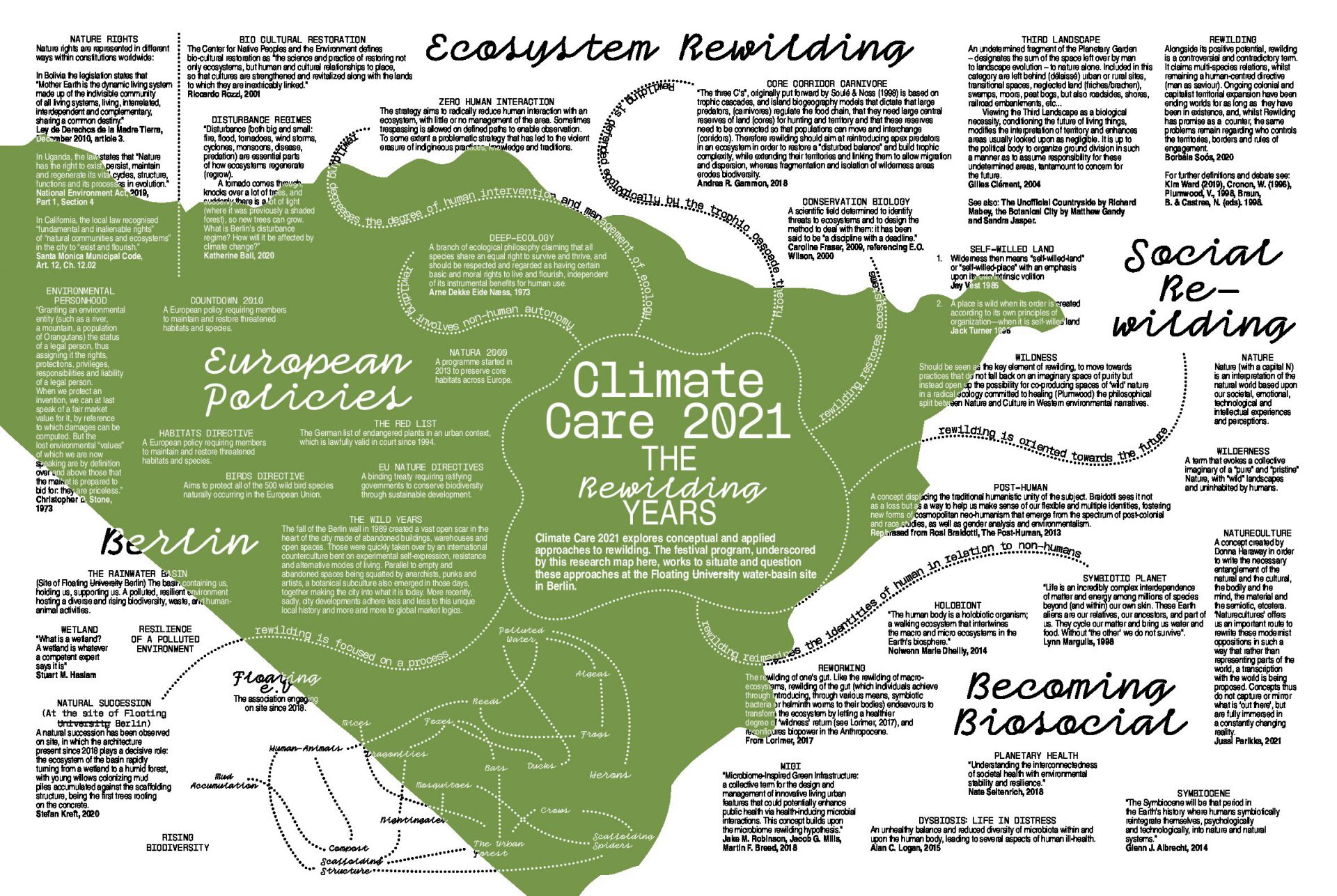 Climate Care is a festival engaged with theory and practice at the intersection of climate challenges, ethics of care and environmental humanities. Emerging from weathering the conditions of its site – a rainwater retention basin in Berlin – the programme is a result of in-depth cohabitation with the constructed water infrastructure, its human culture and its multi-species overlays. https://climatecare.s-o-f-t.agency
Climate Care is a festival engaged with theory and practice at the intersection of climate challenges, ethics of care and environmental humanities. Emerging from weathering the conditions of its site – a rainwater retention basin in Berlin – the programme is a result of in-depth cohabitation with the constructed water infrastructure, its human culture and its multi-species overlays. https://climatecare.s-o-f-t.agency
Published December 6th, 2022
Author:
Mária Beňačková Rišková